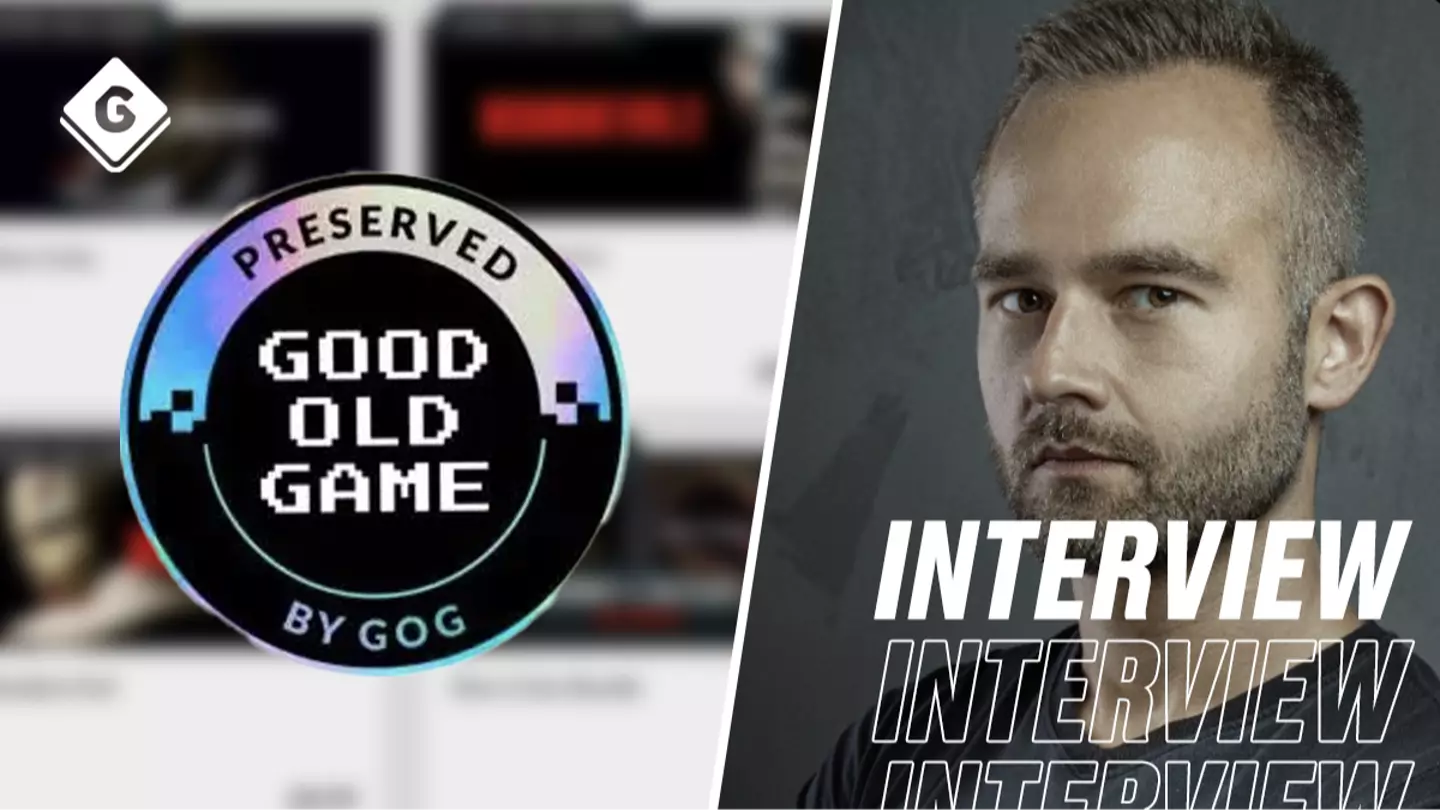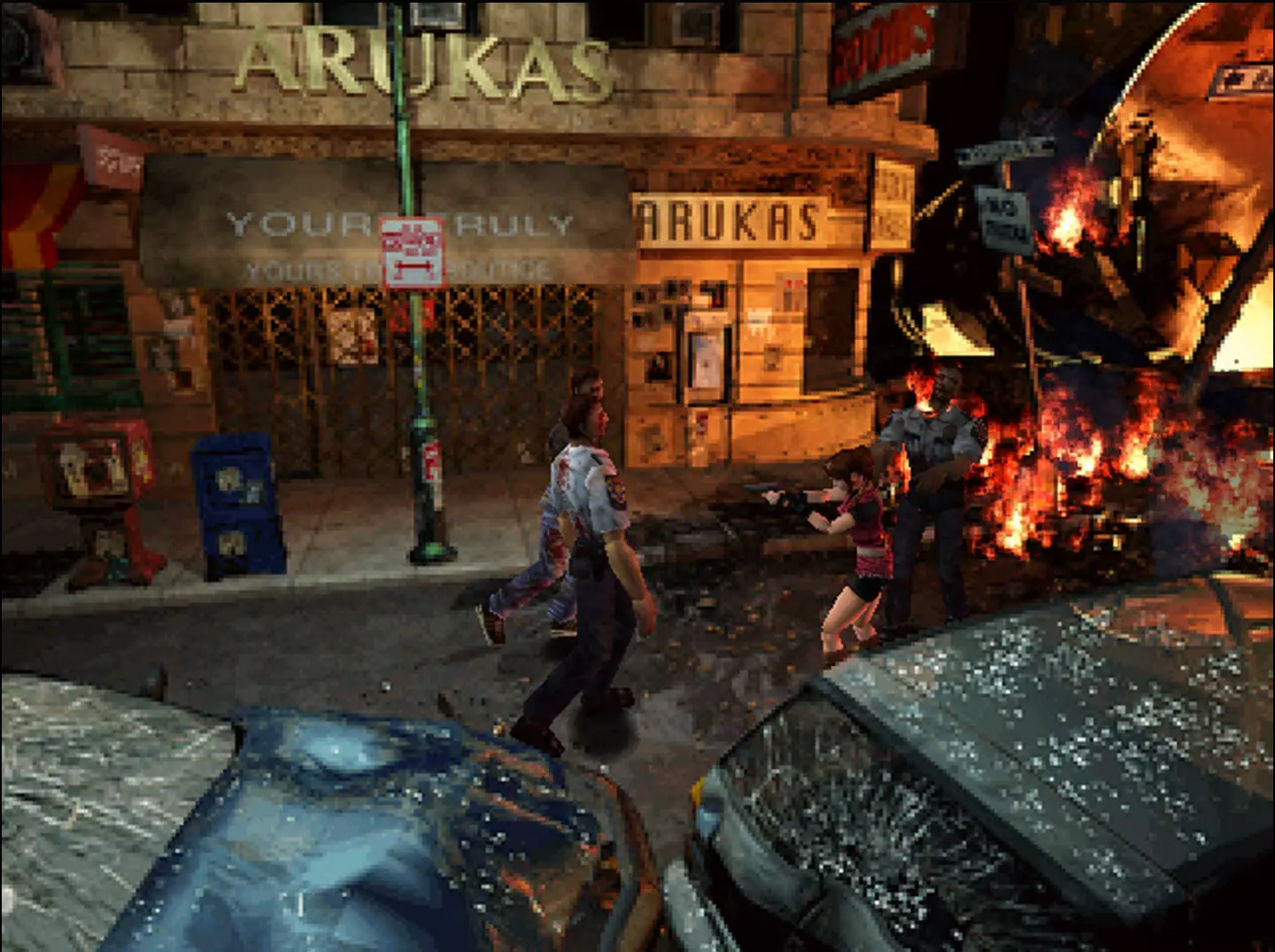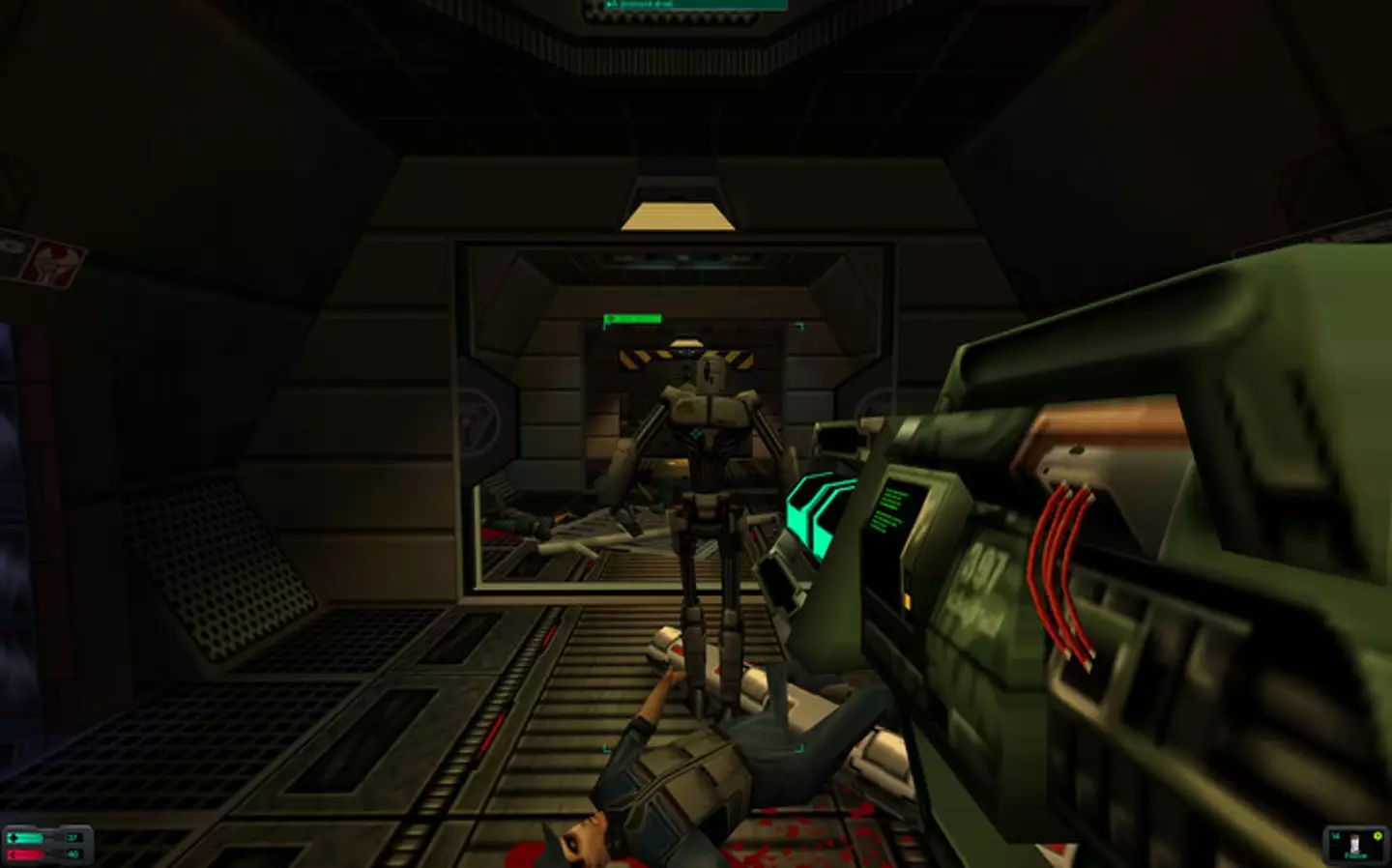
When players visit GOG to see the latest retro games revitalised for modern systems, all they see is the game itself, perhaps combined with a manual and some fancy extras. It’s a vital service offering not only good old games for the fans, but also revenue for creators, as well as a way to preserve these games and deliver an authentic experience. Beyond the storefront and behind the scenes in the Warsaw offices, based on the CD Projekt Red campus, each acquisition comes with challenges, some of which last for years before the games finally get to the players.
Marcin Paczyński, who has been with GOG for over 15 years and works in business development, has all the cool stories, many of which he told me when I got the chance to sit down and discuss all things retro. He faces off against some unique challenges when trying to source games for GOG, some of which included hiring a private investigator, or receiving unexpected emails to land their white whale.
The first thing Marcin describes is the overall difficulty of tracking down games for preservation and release through GOG. “Sometimes it really takes literal years. In some cases, it's about not giving up, and trying new things. We're coming to a big company, right? And you’re saying to this multi-million dollar, or billion-dollar company, ‘Hey, you have this game that we can sell for $5.99, and we will make 1000 of copies of it. They need to involve the legal department, then to examine the business, this basically becomes a project for them.”
With this, it’s understandable why many publishers would be hesitant. After all, is it worth their time and financial investment? Sure, there are fans out there who want to play the game, but if there’s only a thousand of them, it’s not going to make great business sense to push ahead and release the game to GOG, despite them picking up the bulk of the work.
Advert
Marcin notes, however, that publishers can benefit greatly from taking the risk, and he explains that very recently, a GOG release surprised a publisher so much that they reconsidered the reception of the franchise - though he didn’t want to name names.
“This was last year, for one of our big, big classic releases,” he says. “There was a situation in which the game already had a remaster, and we wanted to release the classic version of it. It was not easy to convince [the publisher] that, ‘hey guys, this game has value.’” The company assumed that because the remaster was already out there, nobody would care. Marcin continues, “We finally released the game on GOG, it was massively covered by the media. The sales were great. The reception absolutely amazing. This caused a shift in the publisher, and this allowed us to open many more doors to projects that are we are currently working on to bring more classic games back.”

While Marcin doesn’t want to say who the publisher is, I’d have to think it’s likely Capcom, seeing as they’re one of the bigger publishers GOG has dealt with, and the original releases of early Resident Evil games have done very well on the storefront. Those games, in their original state, evoke a very different emotion in players as remasters and remakes, and nostalgia for those moments is powerful. It’s perhaps key to the business that GOG does.
However, it’s not always this easy, to simply show the success and convince a publisher to give the keys over for a game. A good example of this is Diablo, which was a “prime game” for GOG when Marcin joined the company, and it took over 10 years to finally land the game and release it in 2019. Where that was Marcin dealing with Blizzard and the megacorporations he described earlier, smaller games aren’t much easier to land.
“There was a situation with an older game that the game had two developers,” again, Marcin doesn’t tell me which game, “these guys created the game, but then something happened. They basically ended up hating each other.” In order to sign this game, it was up to Marcin and his team to get the developers to sit down and finally talk to each other. Which they did, as he explains, “we were trying to find a way for them to talk to each other, for the let's call it, a greater good.” He ended up getting the developers together, and describes it similar to marriage counselling, in order to reproduce the game.
The next story he told me, is perhaps the one we’d all love to be involved with, as it includes private detectives, and someone finding out they’re about to make money for the rest of their life. It all starts with Marcin trying to find who held the rights to a particular game and every search was drawing a blank, there were no leads.
“There was a game that was legally owned by a guy who passed away, and his son inherited it. He basically took the whole inheritance. So that game, and the licence to that game, was a small part of the inheritance. This guy was off the grid.” It turns out, the son of the developer and creator lived in the UK and so, from Poland, Marcin did the only thing he could, he hired a private detective to track him down.
"We hired a guy to find them, and we finally made contact. We explained the situation, and he was very helpful. His response was “guys, I didn’t know, what do I need to do” and then he signed the paperwork needed, [and we explained] you are getting your share of the revenue, practically speaking, for free."

This situation took a great deal of time, and had everyone jumping through hoops, because, back in the earlier days of this industry, such things weren’t thought of. Not every developer thought to save their documents, or their source code, or even expect players twenty years later to want to play the game still. While some games take a lot of work, others simply fall into GOG’s laps.
“Many, many years ago, not long after GOG started, there was one game we had on our wishlist, that one game that was on the top, and that was System Shock 2. We tried to get it for years. We were trying many different approaches, creative ones, you know, we are trying to figure out who has the rights, in order for us to get the rights.” The game had, in the office, become one of myth, and I likened it to the white whale of Moby Dick.
“Yeah, exactly,” replied Marcin, who went on to tell the rest of the story. “So, one day we get an email. It’s from a guy who basically said, ‘hey, I own System Shock 2, do you want to release it?’ We’re like, this is a random dude from the internet, this could be BS.” And so Marcin simply wrote back something along the lines of ‘yeah, whatever you say, we’d love to, send us some papers for proof’ and thought nothing of it.
The next thing he knew, all the paperwork arrived, and the team spent a short time reading through it all to find it was legitimate. “It turned out to be Stephen Kick of Nightdive Studios, and we had a release.” GOG went on to release the game, and it was one of the best-selling retro games on the platform, pleasing not only the fans, but the teams in the office who had, for so long, dreamed of landing this catch.
The people of GOG aren’t in retro games, or selling digital video games, just for the money, though that can’t also be denied. They are genuinely in it for the passion of the art form, and they will stop at nothing to bring these classic games to players, old and new. The tenacity of Marcin and the rest of GOG is undeniable. They will try everything they can to represent retro games and preserve them, and this is summed up in one sentence he said, “If you can’t come in through the door. You try the window.”
Topics: Retro Gaming, PC, CD Projekt Red, Features, Interview
